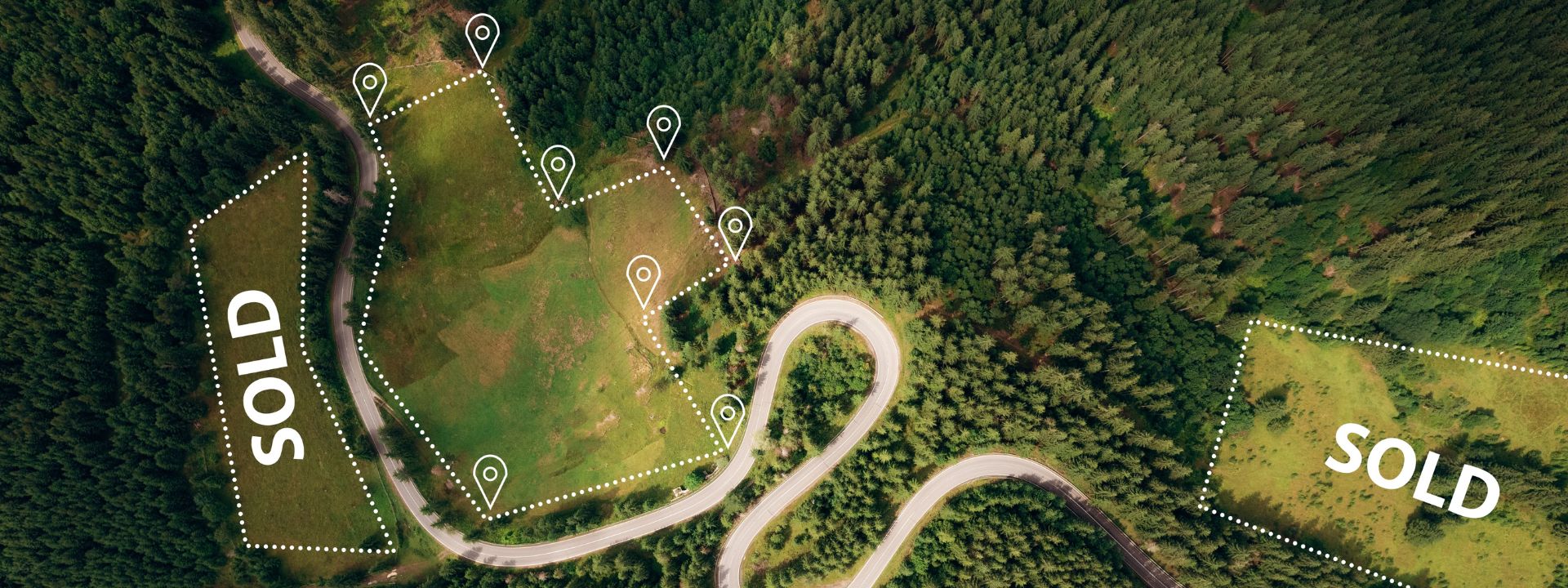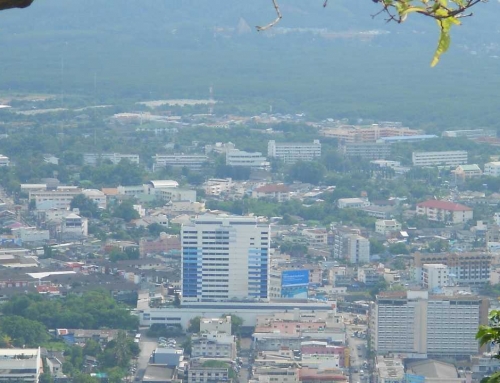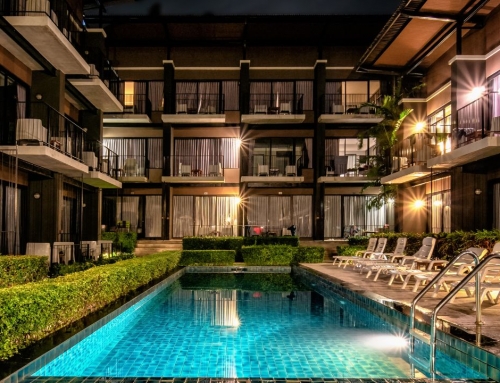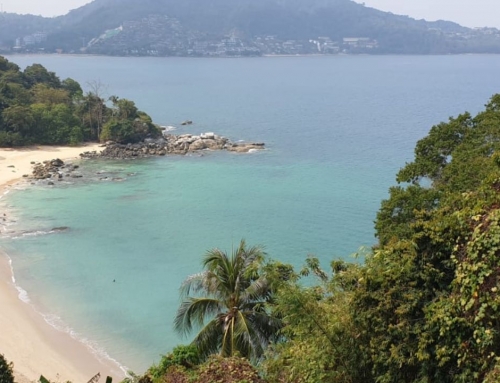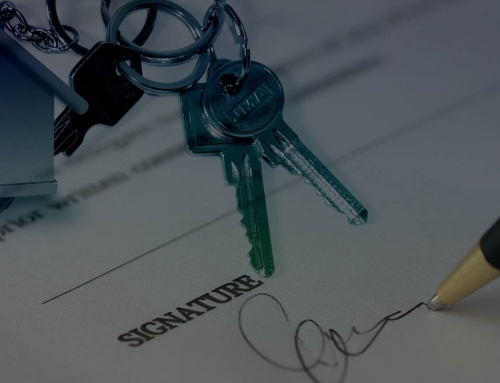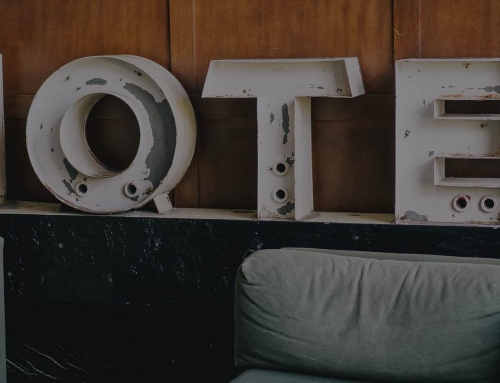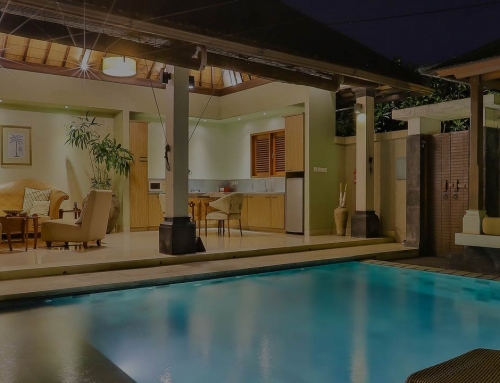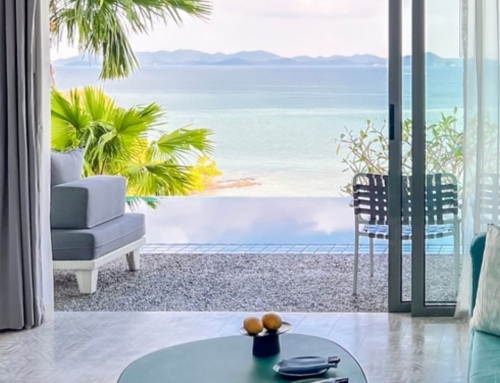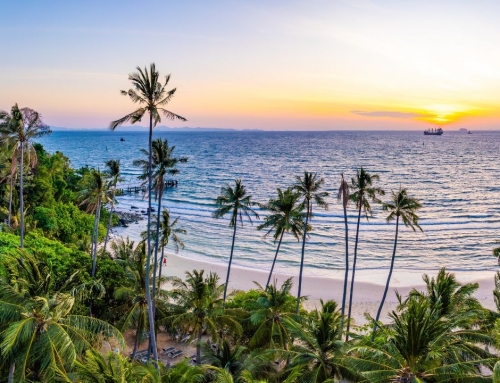By Phuket News Property · November 12, 2021
Updated November 26, 2025: Major legal changes and enforcement updates included.
Foreign buyers often ask whether they can own land in Thailand, and if so, under what conditions. Thailand’s laws on land ownership are complex, especially for non-Thai nationals. This guide provides an up-to-date, editorial overview of the legal framework, recent regulatory changes and key factors to consider before acquiring land in Thailand.
Land ownership by Thai nationals and companies
Under Thai law, only Thai nationals or Thai companies (with majority Thai ownership and real business operations) may hold land directly. A company that exists merely to hold property may not be deemed to have genuine commercial activity, which increasingly draws scrutiny from regulators and law enforcement.
Freehold ownership for foreigners: the condominium route
Foreigners cannot generally own land freehold in Thailand. The primary exemption is through the purchase of a unit in a condominium development. Under the Condominium Act, foreigners may hold up to 49 % of the registered unit quota, enabling true ownership of the unit, not the land beneath it. The building’s common land remains collectively owned.
Long-term leasehold and other structures
Foreign buyers often use long-term leasehold arrangements as an alternative to freehold land ownership. A registered lease of up to 30 years is permitted, and extensions must be negotiated separately. Structures such as 30 + 30 + 30 leases, manager-lease arrangements and company ownership have been used, but carry additional risk and require legal review.
Recent regulatory and enforcement developments
Thai authorities have significantly increased oversight of land ownership structures involving foreigners, particularly where nominee arrangements or non-trading companies are used. Agencies now working together include the Land Department, Department of Business Development, Central Investigation Bureau, Crime Suppression Division and Department of Special Investigation. The scrutiny covers shareholding patterns, financial filings and actual business operations.
Checks foreign buyers should make before acquiring land
When buying land in Thailand, foreign buyers should ensure:
• The land title is correct and free of encumbrances.
• Road access is legally registered.
• Zoning and land-use regulations support intended development.
• The company (if used) is genuinely operating and has real revenue.
• There are no nominee structures or disguised ownership arrangements.
• Legal documentation is reviewed by a qualified Thai property lawyer.
Why legal clarity matters and future outlook
Changes in regulation and increased enforcement mean that foreign buyers seeking land in Thailand must proceed with greater care and clarity than ever. While land may still be acquired under certain structures, understanding the full legal framework, potential risks and long-term commitments is essential for making a secure investment decision.

